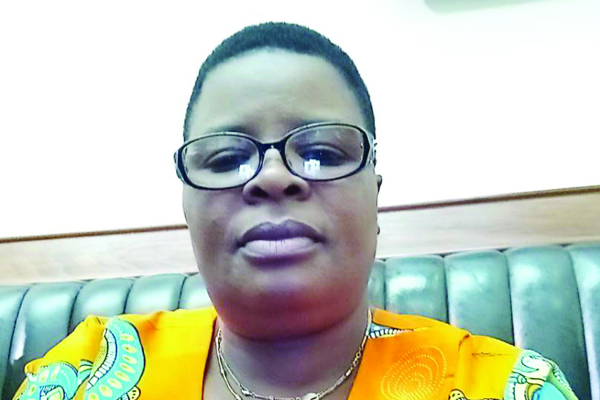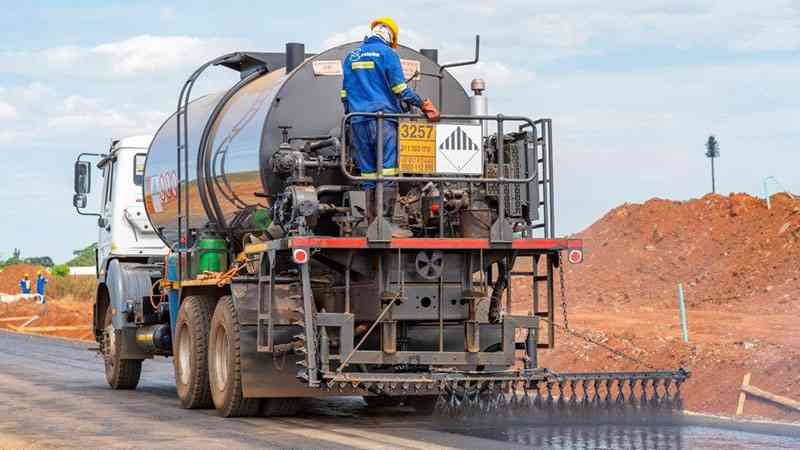
Teti Banda Chisorochengwe, MDC-T’s legislator from Midlands, won her way into Parliament through the proportional representation (PR) quota system, which gave 60 women a ticket into the National Assembly.
By STEPHEN CHADENGA
Banda Chisorochengwe is one of the less known MPs in the National Assembly, mainly because her contributions are very minimal in the House.
However, she says in her role as a PR legislator representing the Midlands province, she has helped several women set up projects, fight cervical cancer, rape and early child marriages, as well as to participate in politics through registering to vote.
The following are excerpts of an interview between NewsDay correspondent Stephen Chadenga (ND) and Banda Chisorochengwe (TBC) on her role as a PR legislator.
ND: May you give me a brief background on Teti Banda Chisorochengwe and why you joined politics?
TBC: I am a 45-year-old mother of three, one is late. I joined MDC in 2000 as an ordinary member to help change the country’s political and economic fortunes that had started to show serious signs of a downturn.
I was born with a drive to champion women leadership in politics I worked hard to be recognised in a predominantly male environment and in 2007, I was appointed MDC-T women assembly provincial chairperson, a position I hold to date.
- Chamisa under fire over US$120K donation
- Mavhunga puts DeMbare into Chibuku quarterfinals
- Pension funds bet on Cabora Bassa oilfields
- Councils defy govt fire tender directive
Keep Reading
In 2013, I became an MP representing Midlands province through the PR quota system.
ND: What have you offered to the province as a PR MP?
TBC: I have represented the interests particularly of the woman and girl child.
ND: Can you be more specific?
TBC: Women in my province face the serious challenge of acquiring birth certificates for their children.
There are rampant cases of child abuse, particularly raping of girls and men having sex with underage girls.
Midlands is a predominantly mining region, but there are few women in the sector.
There are also few women in farming and these are some of the challenges I have been championing to economically empower women.
I have also been on the drive to educate women to come out in their numbers to register with the biometric voter registration exercise and now that registration has been extended I am not resisting making sure that the voice of a woman is heard in politics.
I have also helped women, through awareness programmes, to be screened for cervical cancer at Gweru Provincial Hospital.
Few women, particularly in rural areas, knew that the hospital was offering screening services. Women have also been encouraged to get tested for HIV.
ND: Since you do not have a specific constituency, how do you meet people?
TBC: My jurisdiction has 14 districts and three of these are in town, with the rest being rural areas. You have to be physically there and come face-to-face with the people.
ND: What can you say of the five years that you have been in Parliament?
TBC: At first, I was nervous at assuming a high office considering the stereotypes associated with women in politics. But I can now say I have grasped well the business in Parliament and how to champion the challenges affecting women and the girl child in the august House.
ND: What can you tell aspiring women politicians?
TBC: Grab the bull by its horns and be counted and have your voice heard as a woman in politics.
Women should now adopt a participatory approach to politics; the days of gyrating in front of men at political rallies are over. Groom your daughter, if you have one, to be a politician.











